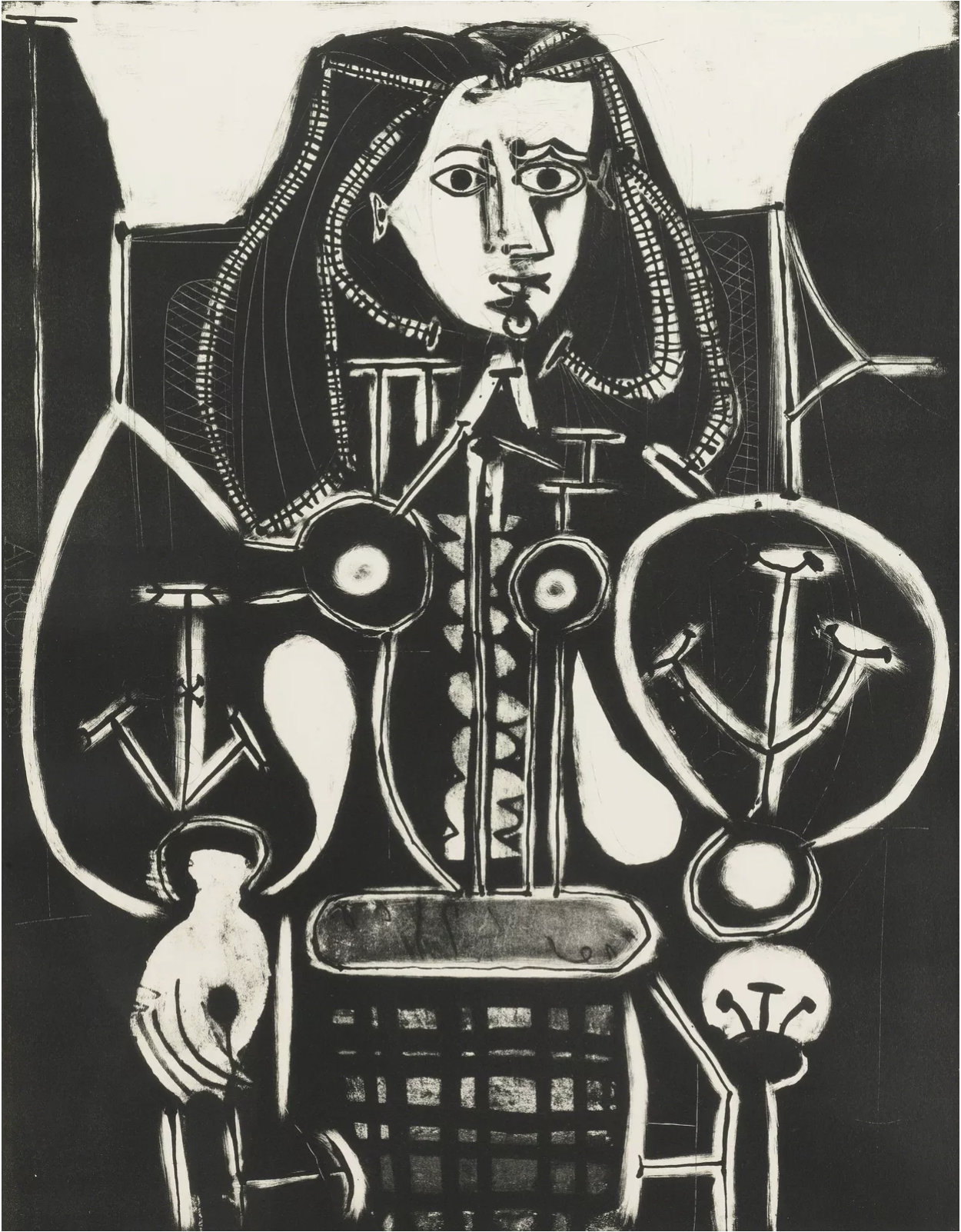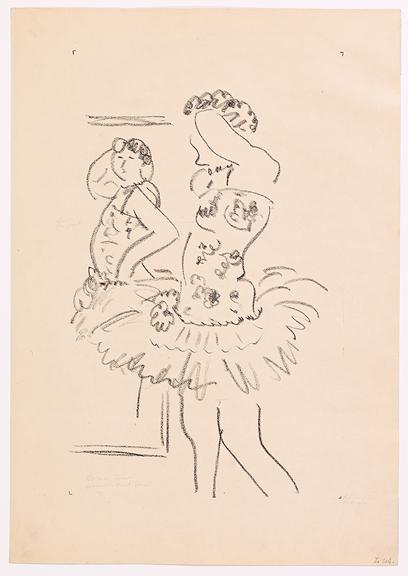Pablo Ruiz Picasso was a Spanish expatriate painter, sculptor, printmaker, ceramicist, and stage designer, one of the greatest and most influential artists of the 20th century. He is widely known for co-founding the Cubist movement and for the wide variety of styles that he helped develop and explore. Among his most famous works are the proto-Cubist Les Demoiselles d'Avignon (1907) and Guernica (1937), a portrayal of the German bombing of Guernica during the Spanish Civil War.
The enormous body of Picasso’s work remains, and the legend lives on—a tribute to the vitality of the “disquieting” Spaniard with the “sombre…piercing” eyes who superstitiously believed that work would keep him alive. For nearly 80 of his 91 years Picasso devoted himself to an artistic production that contributed significantly to and paralleled the whole development of modern art in the 20th century.
Picasso’s art from the time of the Demoiselles was radical in nature, virtually no 20th-century artist could escape his influence. Moreover, while other masters such as Matisse or Braque tended to stay within the bounds of a style they had developed in their youth, Picasso continued to be an innovator into the last decade of his life. This led to misunderstanding and criticism both in his lifetime and since, and it was only in the 1980s that his last paintings began to be appreciated both in themselves and for their profound influence on the rising generation of young painters. Since Picasso was able from the 1920s to sell works at very high prices, he could keep most of his oeuvre in his own collection. At the time of his death, he owned some 50,000 works in various media from every period of his career, which passed into the possession of the French state and his heirs. Their exhibition and publication have served to reinforce the highest estimates of Picasso’s astonishing powers of invention and execution over a span of more than 80 years.


